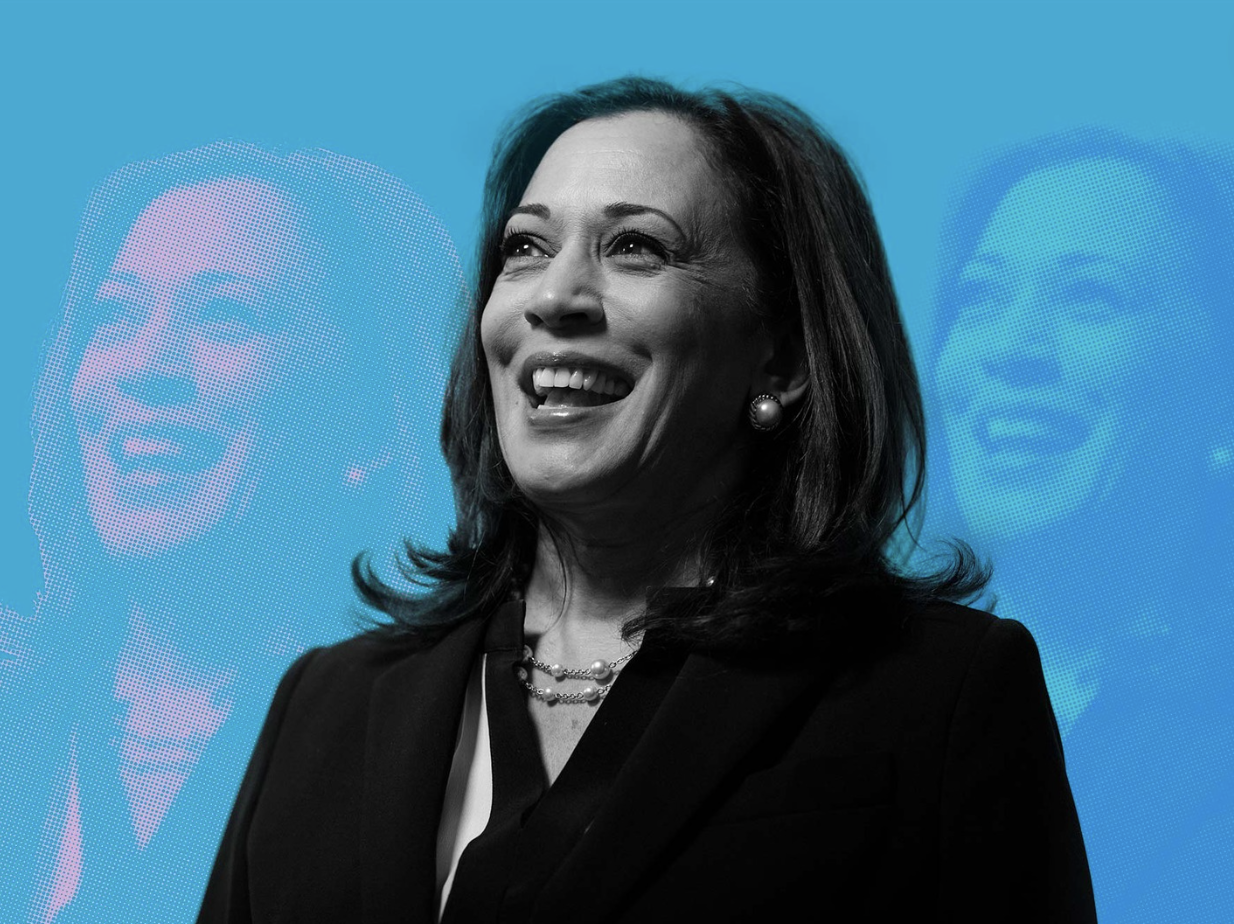Despite a robust economy, the Biden-Harris administration struggled to overcome perceptions of economic dissatisfaction. With recent signs of weakness in the labor market, Vice President Kamala Harris now faces a more complex economic landscape as she gears up for the upcoming election.
For nearly three years, Americans have been discontented with the economy due to rising prices, often attributing the blame to the White House. Although inflation is now largely under control, this achievement has come at a cost: The job market, though still strong historically, is showing signs of weakening.
Last month, the economy added only 114,000 jobs, and unemployment rose to 4.3% from 4.1%, mainly due to an influx of job seekers re-entering the workforce. This abrupt change contrasts with June’s job gains of 179,000 and May’s 216,000. While the latest jobs report isn’t disastrous, it has raised concerns about the rapid deceleration of the labor market.
“We don’t know just how precipitously the labor market is softening, but it seems pretty darn clear that it is softening,” said Heidi Shierholz, president of the Economic Policy Institute.
One month’s data isn’t enough to establish a trend, but it significantly complicates Kamala Harris’ economic pitch as the new presumptive Democratic nominee.
For Wall Street, the slowdown added to the disappointment from recent tech earnings. Sam Stovall, chief investment strategist at CFRA Research, compared the reaction to the dot-com bubble era and noted the unpredictable behavior of investors.
On Friday, US stocks dropped sharply: the Dow lost over 600 points (1.5%), the S&P 500 fell by 1.8%, and the Nasdaq Composite declined by 2.4%, placing the tech-heavy index in correction territory.
Despite the strain of higher interest rates, the labor market had remained resilient until now. However, rising jobless claims, increasing unemployment, and fewer job changes indicate emerging weaknesses. Historically, rising unemployment before an election poses a challenge for the incumbent party. Over the past two years, unemployment has increased by 0.8 points, adding another hurdle for Harris.
Republicans have leveraged Americans’ inflation fatigue to criticize President Joe Biden’s economic policies while downplaying positive job reports. With inflation now subdued, the GOP has new arguments to claim the economy is faltering, even if it remains robust by historical standards.
“This jobs report is one of the worst we have ever seen from the Biden-Harris Administration,” said Rep. Jason Smith of Missouri. The Connecticut GOP echoed this sentiment, calling it another dreadful jobs report under Biden/Harris.
Despite notable economic achievements, such as wages outpacing inflation and the creation of 16 million new jobs, inflation fatigue continues to dominate voters’ concerns. The labor market’s strengths now come with more qualifications, making “it’s complicated” a difficult message to convey to voters.





